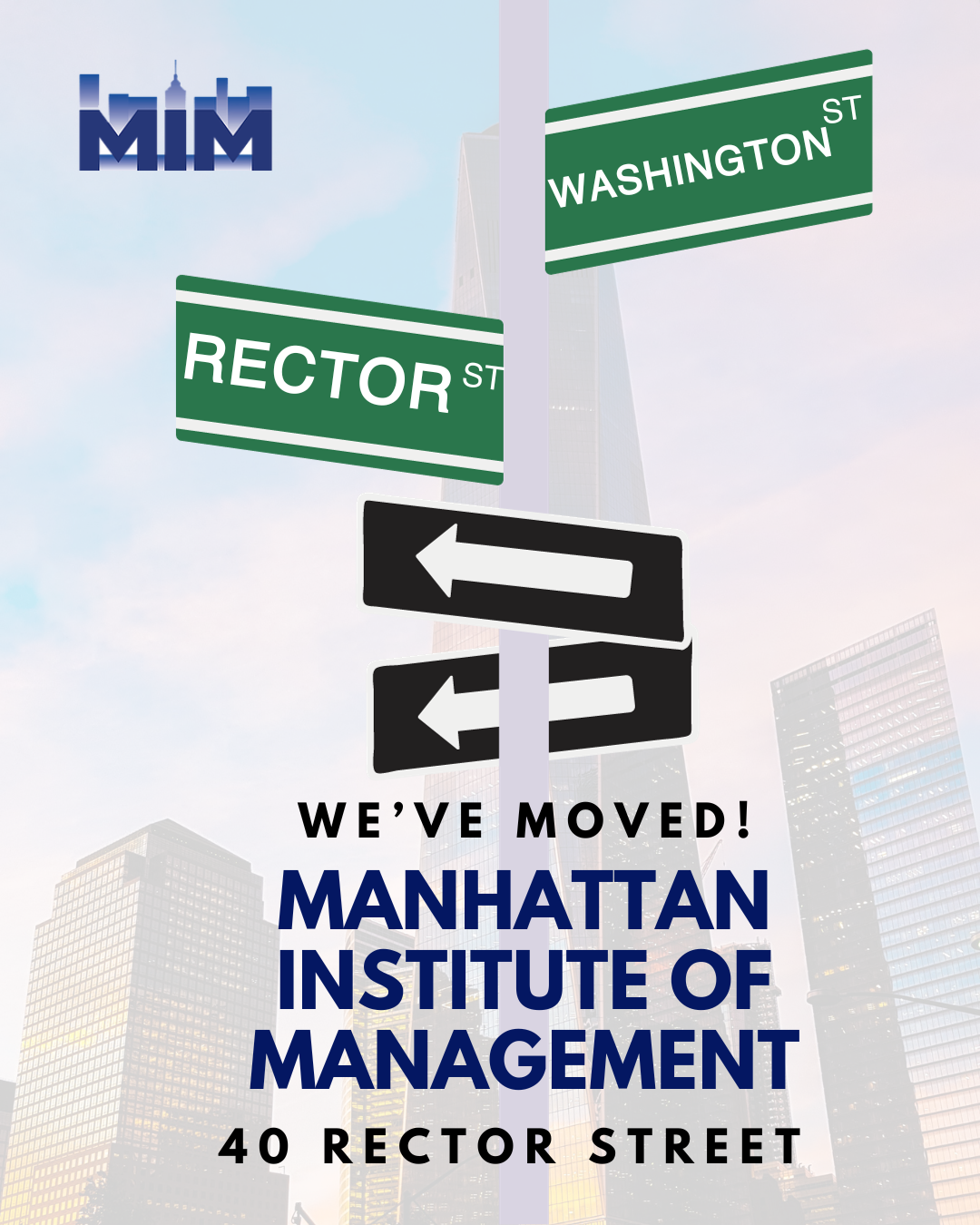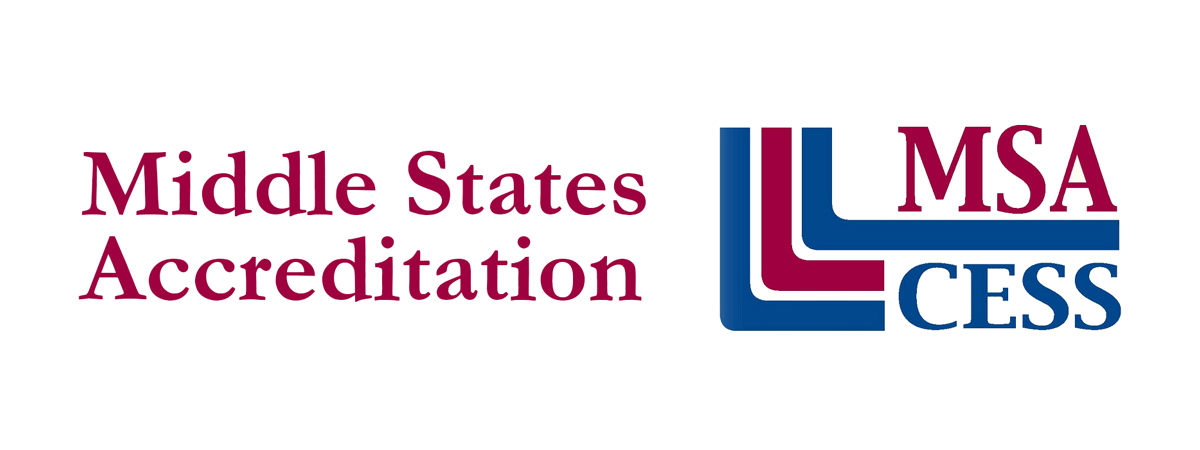How to Improve Your Business English
Spoken English allows you to communicate freely in everyday situations: in a store, on the street, in a taxi, etc. And if you can easily express your thoughts, this is a big plus. But the business sphere has its own peculiarities of communication, and you will need to know how to improve Business English.
Business English: Why?
Today the world is moving further and further towards globalization. Culture, scientific achievements, and inventions become the achievements of all humankind. But for communication between friends, colleagues, and like-minded people worldwide to be comfortable, knowledge of a universal language is necessary. Most often, this language is English. Knowledge of corporate English is a must for every entrepreneur, especially if he expects to go international. Of course, you can use the services of an interpreter, but this will not only bring extra costs but can also lead to misunderstandings and inaccuracies.
However, business English can be useful for entrepreneurs and employees of companies that cooperate with foreign clients. It includes specific vocabulary that can be useful in various business activities.
Why is it necessary to single out American English for business in a separate category? Of course, the grammar is the same everywhere, but you need to increase your business vocabulary for business meetings. In addition, it is essential to maintain a formal style of speech, which is different from informal communication among friends or family. That is why many attend business English courses.
Passing English exams
You also need to know business English if you plan to work abroad. Many employers require certificates of successful completion of international exams. For example, in IELTS or TOEFL, which include tasks in business English, some exams are expressly designed to assess English proficiency for business communication. Namely:
- Cambridge BEC;
- GMAT (for university applicants);
- TOEIC (assessment of knowledge of English as a language of international communication).
There are also exams to assess communication skills in a particular professional area. For example, Linguaskill for Employers is helpful for specialists hiring employees.
What is Business English?
First, you should understand what "business English" is. Yes, various services with the word "business" are popular now. But it is essential to understand that business English has its characteristics, and it is vital to understand them.
Business English has a specific style and vocabulary that differ depending on the field of activity. It includes formal verbal turns and terminology characteristic of certain specialties. But don't worry. It's even easier grammatically than it is in a conversational style.
For example, the phrase "I look forward to meeting you." It may seem correct to use Present Continuous here, but in business English, you should use Present Simple. But the vocabulary in a business style is more complex and diverse. It should convey the meaning and tone of communication, creating an atmosphere for practical work.
Standard Program
Knowledge of the grammar and vocabulary of a language does not mean fluency in it. Theory needs to be put into practice. That is why the standard business English course includes the development of the necessary skills, namely:
- Drawing up a resume.
- Completing an interview
- Drafting and execution of documents.
- Holding meetings and conferences.
Like any language, English constantly changes. New words and expressions appear, and business etiquette receives further details and rules. Therefore, it is essential to be able to adapt to these changes.
Specialized courses
Conversational business English skills are required for employment in multinational corporations. With this knowledge, it can effectively communicate with colleagues and clients and hold business meetings and conferences. Taking highly specialized courses is necessary to learn the terminology used in a particular professional field. Sometimes business leaders organize corporate training for their employees to adapt the course to their type of business as much as possible.
What you need to learn effectively
Business English remains the same English. And therefore, it is necessary to have basic knowledge of the English language's grammar, spelling, and phonetics. If you are at the Elementary level, it is better to upgrade your level to at least Intermediate and then register for a business English course. Then the training will be highly effective and will not cause difficulties for the student.
Skills for a successful business life
However, grammar alone is not enough for native business communication. Vocabulary and grammar are just the frameworks on which you will build your communication. So, by enrolling in a Business English course, you will gain many valuable skills. Which ones? Now we will answer this question.
Distinguishing between formal and informal speech and behavior
Phrases and expressions accepted in business communication are part of etiquette, so business English courses involve learning these rules. You must be guided by a style far from informal everyday communication.
For example:
- Instead of the usual word "money," it is customary to use the word "funds" (and even more so, you should forget about "dough").
- You should replace the word "deal" with "collaborate" and "but" with a more official synonym for "however."
It is not allowed to use abbreviations (for example, you should not use "cause" instead of "because").
Professional writing skills
In addition, to live communication, you will also probably have to conduct business correspondence. Of course, no paper letters are used anymore; instead, e-mail or instant messengers are used.
But templates are still needed to draw up the structure of such papers: greetings, body, and conclusion. It is also customary to stick to one specific topic and formulate the idea as accurately as possible. So to be successful, you will have to improve your writing skills.
Business idioms and business jargon
There is no place for metaphors or colorful verbal turns in formal speech: everything should be clear, concise, and literal. However, in the business world, there are enough stable expressions and idioms, especially when the degree of formality can be slightly reduced. For example, if you communicate with colleagues whom you have known for a long time. In such cases, the rules of etiquette are much more straightforward.
There are well-known idioms in business and specialized ones for certain professions.
What does it mean?
For example:
- Take five (or ten). It is about taking a five-minute break from work.
- Eleventh Hour. The last hour before handing over the project to the client.
- Out of the Loop. It is about missing information about the subject of the conversation.
- After The Fact. To complete the task after the deadline, miss the deadline.
- Blue sky thinking is a non-standard vision of the situation and a creative approach to the task.
- Long shot. It's an event that will happen with minimal probability.
- Hobson's Choice. It's a choice without a choice. It's a situation with only one acceptable solution, and all alternatives are fiction.
- Pinch Pennies. It means being frugal to the point of avarice.
There are a lot of such expressions, and you will surely come across some of them in your work.
How to learn Business English by yourself
If you want to speak business English fluently, you can learn it on your own or in private lessons with a tutor. You need to set aside enough time for this. So, if you do not have much free time, here are some helpful tips for effective learning:
Learning on the go
What do you usually do on your way to work? Most likely, you listen to music or news. But you can put this time to good use by listening to business podcasts, audiobooks, or news from the business world.
So your trip will not only become less tedious but also more rewarding. You will literally develop and improve your level as you go.
Working in English
Training materials, refresher courses, and seminars in any professional field exist. Try to study all this in English: choose English-language textbooks in your specialty and study them. It will also be helpful to read business magazines: The Economist, Forbes, Entrepreneur, and others.
Watch English speeches by experts in your professional field (and videos from business conferences). You can turn on subtitles if you do not understand some words and phrases in the first stages.
It will also be helpful to arrange meetings with English-speaking colleagues and discuss company news or the details of your work tasks. Attend workshops and training where people from your professional field share their experiences and interesting information.
Useful Holidays
Learn English while on vacation. No, this does not imply that you must spend all of your free time staring at textbooks. Watch your favorite series, TED talks in English, or business news. Try to surround yourself with English as much as possible, which will become part of your daily life.
Going on holiday with English-speaking colleagues will also be beneficial: this will strengthen your team spirit, help you get a feel for the corporate atmosphere and culture, and improve your communication.
Choosing business English courses
Another way to improve your professional English level is to enroll in business English courses. It will provide an opportunity to receive comprehensive training, study with a team of like-minded people, and receive feedback from the teacher and other students. The main thing is to choose courses with a well-designed program and experienced, highly-qualified teachers.
For example, you can take the Manhattan Institute of Management's Business English courses.
During the next three months, you will intensively study:
- Grammar, taking into account the peculiarities of the formal style.
- Fundamentals of drafting business papers.
- Speaking and pronunciation skills... and much more.
The program includes 120 academic hours, 30 each for Standard English, Conversational English, Business English, and Intensive Business English.
You only need to provide a High School Diploma to enter.
After completing the MIM courses, students can navigate the corporate culture well, use business terminology easily, and actively use their knowledge in their professional field.
Values and goals of the Manhattan Institute of Management
The Manhattan Institute of Management maintains high standards of learning and an atmosphere of support and freedom of expression.
The values promoted and shared by the Manhattan Institute of Management community are:
- Honesty and trust.
- Respect for individual opinion and cultural diversity.
- Protection of intellectual property.
- The desire for development, improvement of the world, and self-improvement.
Thus, while studying at MIM, you will receive comprehensive knowledge and feel comfortable and confident. You can be sure that you will be treated with respect and supported in your endeavors.
Which are better, online or offline courses?
MIM conducts offline training. If you are worried about Covid-19, you can rest assured that we are following all federal safety protocols and taking care of the health of our students. The offline format of classes makes it possible to get all the advantages of live communication between students and the teacher.
However, if you are very limited in time or travel frequently, online classes on various learning platforms can be an alternative. In any case, it's up to you.
Conclusion
Business English today is essential for career growth, working in an international company, or collaborating with foreign clients. It will also make it much easier for you to become part of a global corporate culture, understand the terminology in a particular professional field, and be on the same wavelength as colleagues worldwide.
You can learn business English in many ways: by listening to podcasts on the road, reading books, and watching news programs and conferences. Independently study new words, and improve the level of grammar. In addition, courses with a comprehensive training program should be taken. Then you can quickly move up the career ladder and gain new knowledge and valuable contacts.
Good luck with your studies and career growth!
Intensive 3 Month Business English Program
MIM’s Intensive English Program in New York City lets international students study English in a small classroom setting.
You might also like
Get Started Today
We will get back to you as soon as possible
Please try again later
Manhattan Institute of Management
Admissions Inquires
by Manhattan Institute of Management. All rights reserved.






